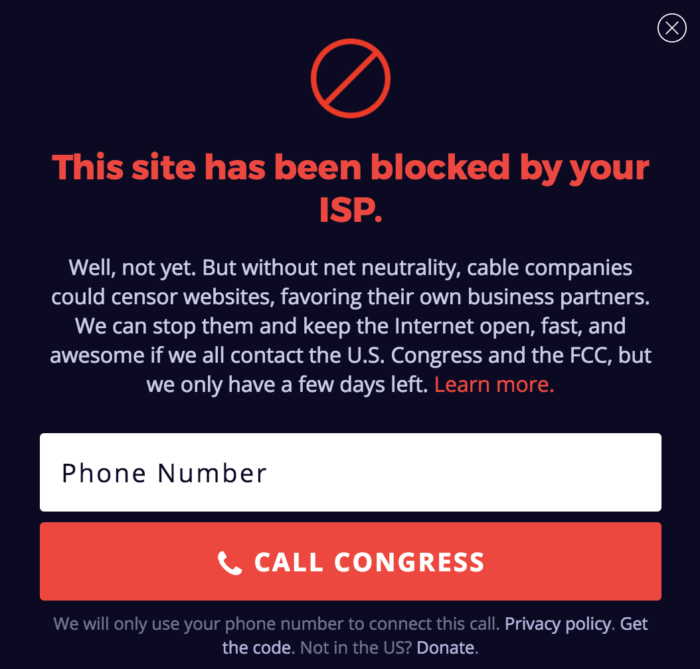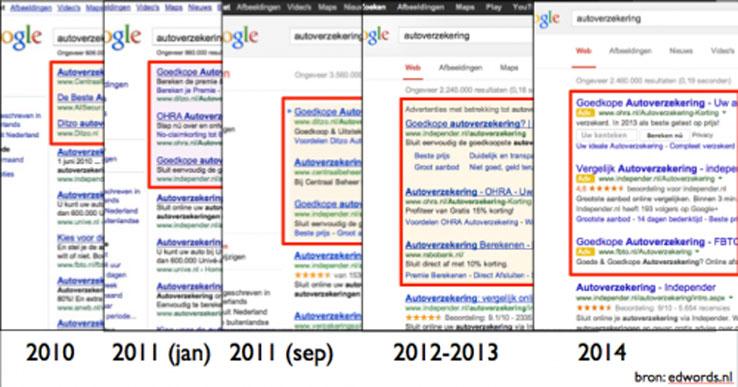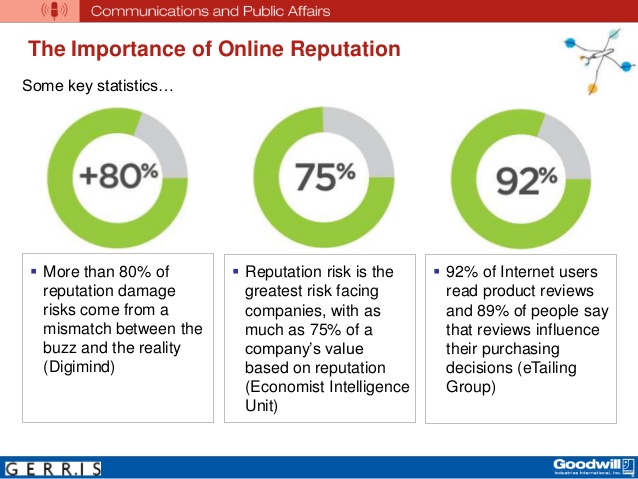As marketing experts, it’s our job to anticipate shifts in the digital marketing landscape. These changes can be daunting, but we’ve compiled a two-part guide to prepare you for the future. In this part, we’ll cover the net neutrality act, the growth of paid advertising and PR’s transformation into online reputation management. If you haven’t already, check out part one of this two-part series on the future of digital marketing.
Net Neutrality Act
What is Net Neutrality?
What the Net Neutrality Act does is prevent internet service providers (AT&T, Comcast, Verizon, etc.) from speeding up, slowing down or blocking content/applications/websites. Another word for Net Neutrality is a ‘free and open internet’, devoid of interference.
How Does Net Neutrality Protect Us?
The Net Neutrality Act prevents ISPs from blocking or discriminating against any application or content that ride over those networks. As savetheinternet.com puts it: “Without Net Neutrality, cable and phone companies could carve the internet into fast and slow lanes”. ISPs could even charge extra fees to content companies that wanted to pay for preferential treatment, thereby lowering the site speed of competitors. Social media platforms could start charging a fee to users to compensate for their ‘faster connection’ or usability at all. The internet becomes a Monopoly board.
What Happens if We Lose Net Neutrality?
What’s scarier still is that these service providers could block some sites altogether, pushing personal agendas, erasing content that paints them in a negative light, blocking applications that compete with their own offerings and forcing websites to cater to their regulations. Plus, with page load time as a deciding factor for search engine rankings (with mobile especially), these changes could see your organic positions drop.
Paid advertising takes up more and more of the results page each year. So for marketers it’s no wonder. That others want to monetize on this once-open platform. Another pro-net neutrality argument is that users will bounce from a site if it doesn’t load immediately. By slowing down the connection for specific sites, internet service providers ensure these sites lose business. That means the future of digital marketing could involve paying out for ads AND for internet speed.
Net Neutrality Threatened
Currently, the FCC (Federal Communications Commissions) has strong Net Neutrality rules in place to ensure users have the strongest protection possible. These rules are based on Title II of the Communications Act. The new FCC chairman, Ajit Varadaraj Pai, is in favor of ditching Title II and going for a ‘light touch’ Title I approach. This change would mean. The internet service provider would control the internet. Which Small business owners, startups, and entrepreneurs smell the trouble coming. All three rely on an open internet platform.
These service providers have a history of ‘throttling’ competitors. So they can ultimately boost their own products. However the company was held accountable. Imagine a world where these mega-corporations could do whatever they wanted! In May of this year, a process began to roll back open Internet rules that have been in place since 2015. The motion will go through an official period of public feedback on the FCC website before the final decision is made before the end of the year.
The Edge of a Cliff
Pai claims he wants to end the “utility-style regulatory approach” to the internet and bring back the power of market forces in regulating the internet. This would be made possible by the reclassification of the broadband access as an information service and loosening the regulations set on internet service providers. Supposedly, this change will increase infrastructure investment and innovation among broadband companies. Power will be taken from the FCC to intervene if they deem that a broadband provider either acts in a harmful fashion or intends to do so, and authority will be redirected to the Federal Trade Commission (FTC) to oversee privacy practices. Pai is even pushing for a reevaluation of the Title II Order bright-line rules which prevent ISPs from blocking, throttling or prioritizing certain websites. This puts the future of digital marketing on the edge of a cliff.
What Net Neutrality Means for Digital Marketers
Digital marketers need to think about what this means for the future of digital marketing. If smaller businesses or startups want to keep visitors on their site with quick load time, they may have to pay an extra fee to internet service providers. ISPs might charge a minimum for access to giant sites and applications (ie: Facebook and Google) and a higher fee for access to second tier websites. The largest fee would be for access to the entire internet.
Think about the issues this would cause for businesses. There would be no level playing field based on equal internet access and less competition for the giants. In the current state of things, users are led to content organically, through search or through an ad. If you’re part of a smaller ad tech firm, you may be competing with larger firms that are able to pay for fast-tracking. According to AdAge, “Publisher revenue models could shift towards more ad-subsidization or more subscription offering”. ISPs will even be able to load ads before your content, or content before the ads (depending on who’s paying them more).
What YOU Can Do
Opponents of net neutrality say de-regulation would improve overall broadband access in the U.S. due to increased competition. This would translate to faster delivery of content and the opportunity to display richer media—at a price, of course. We encourage digital marketers to visit this site and call their congress representative to make their opinions known. By supporting the net neutrality act, we ensure a fair playing field for businesses big and small.
The Growth of Paid Advertising
This article from Moz does a great job explaining the steady growth of paid clicks and how this will affect the future of digital marketing. Google is responsible for most of this shift. Since Google receives more money. When PPC ads are clicked.
They have little to gain from organic clicks.
PPC ads and Google Shopping results combined, there’s very little room for organic results to shine. Keep in mind that users browsing on mobile phones rarely see an organic search result above the fold. To skip the paid ads, users normally have to scroll.
Google has also adjusted the algorithm to have ads serving on more queries and more ads per query as well. Ads are larger, taking real estate from the organic results, and Google Shopping has dominated search result pages (ie: more products per query, take up more space, etc.).
Camouflaging Ads
Most deceptive of all is the way ad labels have become more and more subtle. Users don’t even realize they’re clicking on an ad. A 2015 study from Ofcom found that 50% of adults don’t recognize ads in Google. While historically Google had highlighted ads with large colored blocks that separated the ads and organic results, this labelling has changed drastically. In 2014, the background was taken away and a yellow box was placed next to each ad. Ads were also give more real estate. In 2017, the yellow box changed to green, which was the same color at the URL it was next to. Later that same year, the green box changed to a thin green outline.
All this was done in order to increase clicks, thereby increasing Google’s profit. On the upside, there’s growth in the overall number of searches made every year; You’re more likely to notice only small losses in your organic traffic. However, the growth of paid advertising means bidding will become more competitive unless even more real estate is opened up for paid ads.
Responding to the Growth of Paid Ads
While some could make the argument that a quality score is considered in Google’s ranking process, these results will never be the BEST answer for a user’s search query so long a bidding is involved. To prepare for this inevitable shift, you should consider implementing paid ads alongside your SEO efforts. So you all heard the phrase ‘SEO is dead’. Marketing companies cite it year after year. However still thousands of SEO specialists are out there. Who produce tremendous results for their clients.
Combining SEO and Paid Ads
Instead of abandoning SEO efforts altogether, combine the two to dominate for a specific search query. If the listing is sited in both the paid ad section and organic results. Then the listing is going to see clicks increase. On the flip side, people could become frustrated with the increase in real estate dedicated to ads, creating an opportunity for search engine rivals to market their more organic-oriented SERPs. While no one can know the future of digital marketing for sure, you can use these tips to be prepared for whatever comes.
PR Transitions into Online Reputation Management
A huge aspect of the future of digital marketing is going to be reputation management. Public Relations is an outdated term, one that’s been replaced by positions like ‘social media manager’ and ‘online reputation manager’. If your business is going to succeed in a world where reputations can be destroyed by one article that goes viral or one negative review, you need to be able to implement FAST damage control. That’s where traditional PR is lacking.
When a business or celebrity addresses an issue concerning them, their easiest route to reach the most people who actually care is via their social media platforms. What online reputation management lets you do is cut out the middle man. Relating with the public isn’t done so much through press releases or media kits anymore—it’s done instantaneously, straight from the company. People turn to Google reviews and a company’s social media accounts to get the gist of what they’re all about.
To adjust to this shift, we recommend investing more in your social media, monitoring reviews and using reputation management tools to keep fires from happening in the first place.
Contact Us
If you’d like some help dealing with these changes, contact us! We know just how to make sure your brand is prepared for the future of digital marketing.





